
By Susana Holloway as told to Allison Goldstein
“Fasting has just been an absolute life-changing, life-saving thing.”
Meet Susana
My name is Susana Holloway. I am 48 years old, and I live in a little town called Camus, right outside of Portland, OR. I am a trained chef and nutritionist and ran my own cooking school for the last 10 years, up until the pandemic shut us down. All in all, I’ve been in the food business for about 25 years.
Heeding the Wake-Up Call
In early 2020, I was starting to feel less physically and mentally myself. I work a lot and am on my feet 12 to 14 hours a day when I teach, so I attributed it to that. I also figured—like most people—that it had to do with “getting older.” Eventually, however, I went to the doctor, and she diagnosed me with early stages of Type 2 diabetes. Having a background in nutrition, I knew exactly what that meant.
I was immediately determined to find lifestyle changes I could make, but when I started trying to go down that path, my doctor looked me dead in the eye and said, “It’s too late for lifestyle changes.” She sent me home with a prescription for a diabetes glucose control medication, but I knew I could fix this through lifestyle changes—I just needed to start making them.
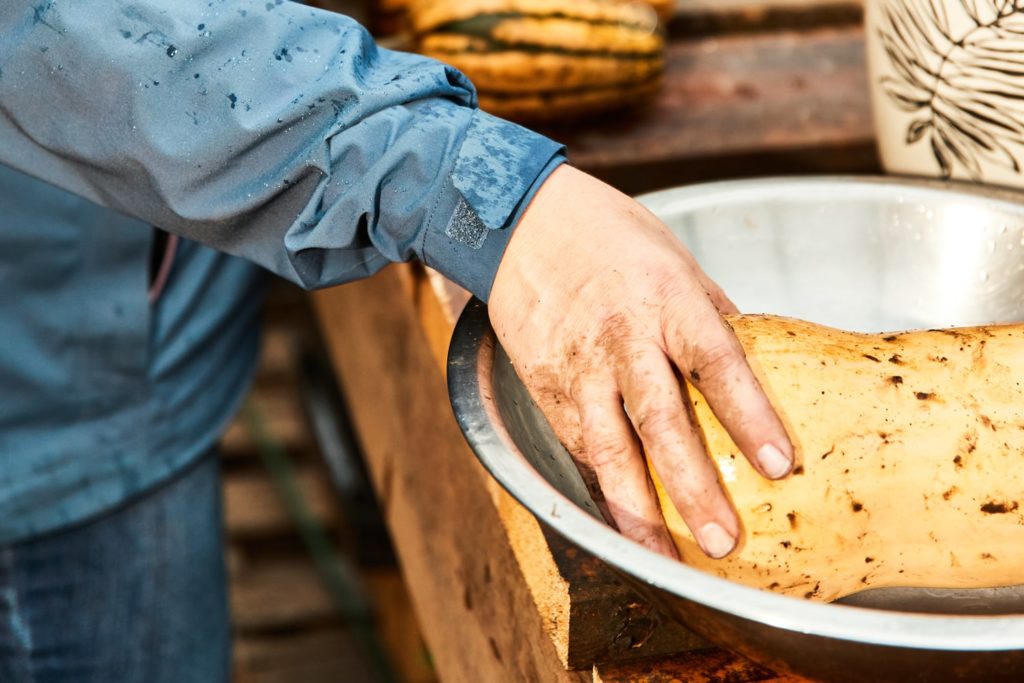
Improving Health Through Fasting
I started out with a 16-hour fast every day. Within two days, my blood sugar regulated to non-diabetic numbers. That’s when I thought “OK, this is what I need to do.” I knew immediately that I was going to be fasting, in one way or another, for the rest of my life.
I’ve always been told to “keep my blood sugar regulated” by eating snacks all day long. Even with my diabetes diagnosis, my physician encouraged me to eat small things throughout the day. This is what I’d always read in my nutrition textbooks, but after my diagnosis, as I started doing more research, it didn’t make sense. Everything I was seeing and hearing about fasting sounded more logical, so I decided to try it. I bought a glucose reader, and within two days of my diagnosis, I began fasting.
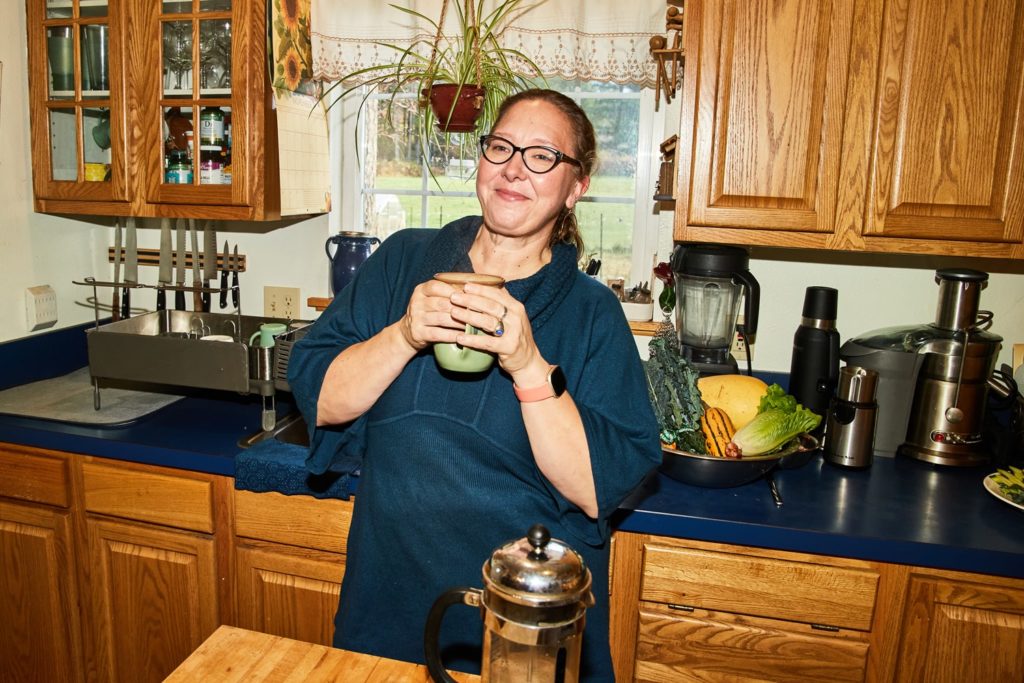
Gradually, week by week, I increased my fasting window. By the end of the first month of fasting, March 2020, I was doing 20-hour fasts. Based on everything I’d read about my specific health issues, I spent May through August doing three 42-hour fasts a week. It was intense. I certainly had moments of thinking “I really want to eat,” but I pushed through and drank lots of water and went for walks, and the urge would eventually dissipate, like it always does.
I also told myself that if I felt horrible at any point, I would stop. But I never felt horrible. I felt fantastic. Throughout my entire adult life, I’ve known I needed to lose weight for health reasons. By fasting intensively, I was able to lose 90 lbs. The joint pain that I had for years went away. My blood pressure came down. My blood sugar levels were great. I’ve been on thyroid medication for almost 30 years, and when I started fasting, my thyroid normalized. People told me I looked 20 years younger. Fasting has just been an absolute life-changing, life-saving thing.
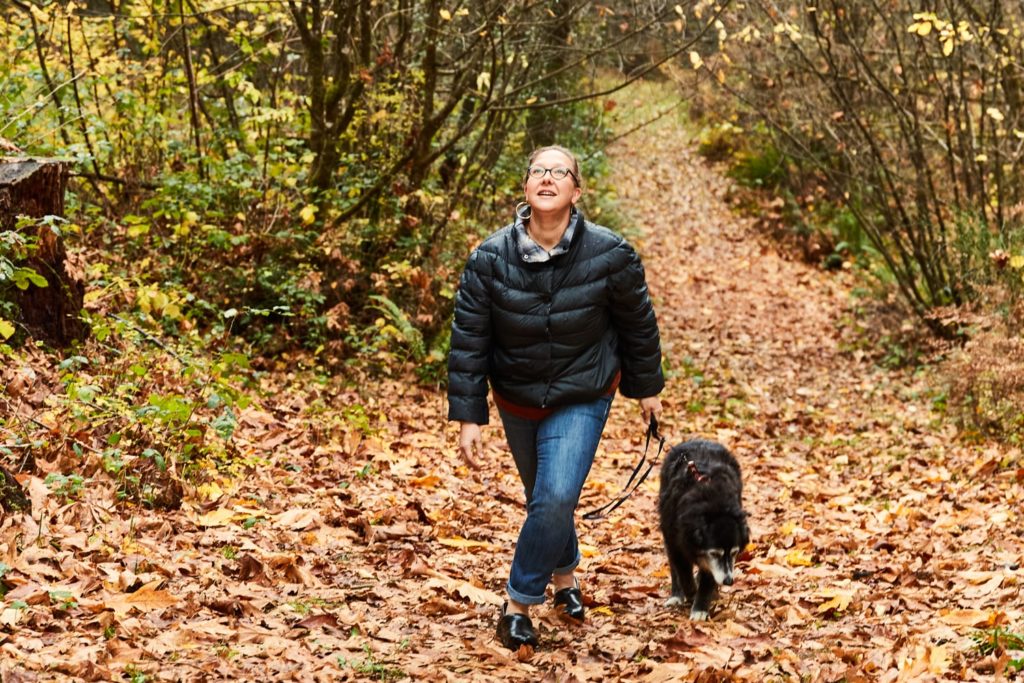
Here’s how I exercise: Prior to fasting, I often thought “I really need to exercise… but I don’t want to.” Now I want to. There was a shift that happened—both mentally and physically, I just feel energized.
I love going for extended walks and hikes. I do four or five miles a couple times a week, with smaller walks on most of the other days. I’ve also swum on and off for the last 15 years, and with all this energy from fasting, I’m back in the pool. I’m not super strict about any of it; I do it when it feels good to do it, and the truth is that most days, it feels good.
Here’s my favorite Fast Breaker: Brazil nuts and a hunk of cheese. A burger is also fantastic.
These three changes contributed the most to my fasting success:
Change 1: Starting slow. The best thing I did was to ease into fasting. My first fasts were 16 hours, with a lot of that time sleeping. I tell people to start really slow, and when you’re feeling totally overwhelmed, break your fast. Do it again tomorrow. Give yourself leeway, a little bit of grace.
Change 2: Making health the goal. I’m not going to lie, I love the weight loss. But health has always been the goal, and it’s what motivates me. When I received my diagnosis, I became determined to do everything in my power not to go down that road of getting sicker year after year. And not only am I not getting more sick, but I feel better than I did when I was 25.
Change 3: Educating myself. The day after I left my physician’s office, I started gathering books and reading online about ways I could manage or reverse my Type 2 diabetes diagnosis. I wanted to do it through lifestyle changes rather than medication, and I needed to find the voices saying that was possible. The education content of Zero was really important in that way. I know more than most when it comes to food and nutrition, and even I had a lot to learn.
- Zero Live #4: 3 Ways to Boost Fat Burning - March 28, 2024
- Zero Live #3: Nutrition, Fast Breakers, and Fasting - March 11, 2024
- Zero Live #2: Metabolism, Insulin, and Fat Burning - February 29, 2024

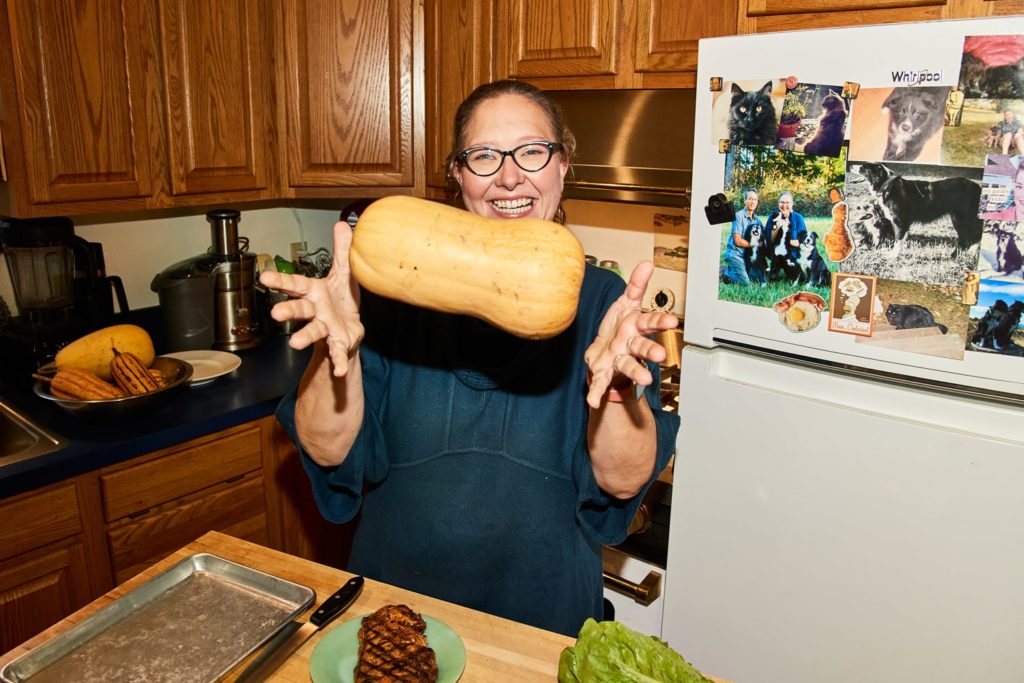

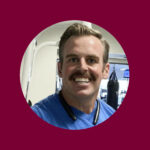
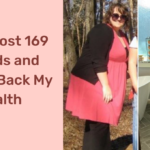


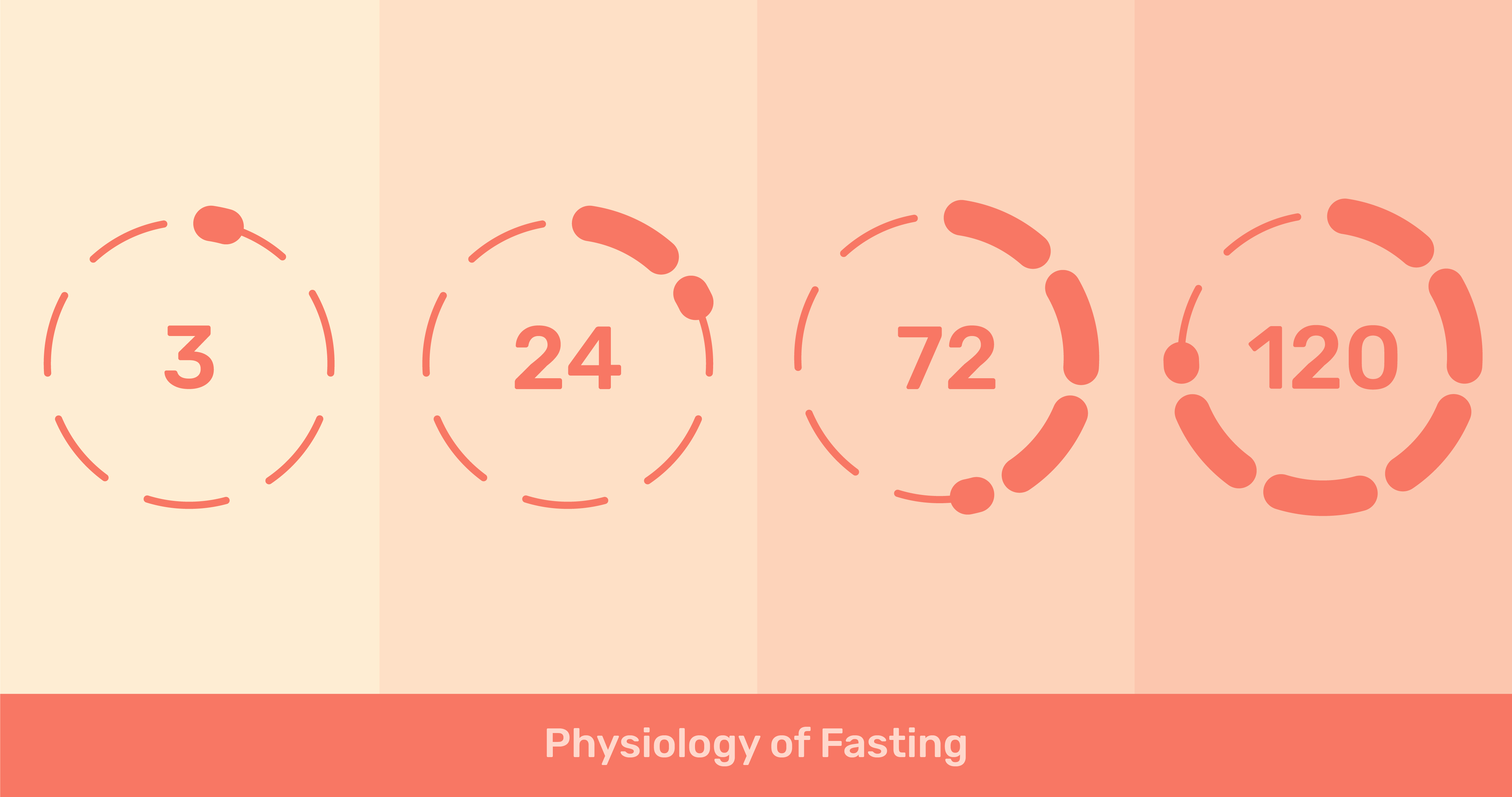
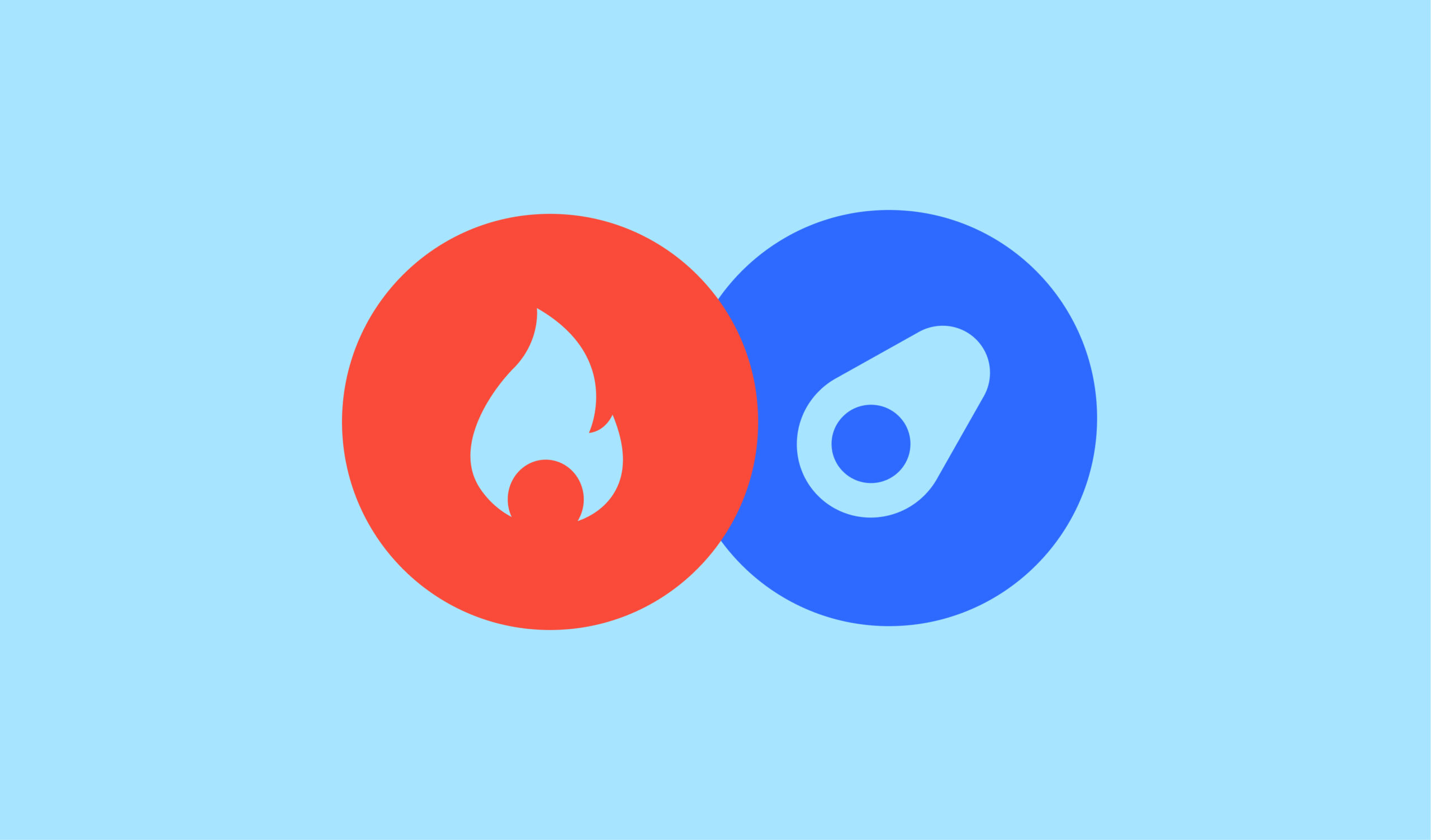
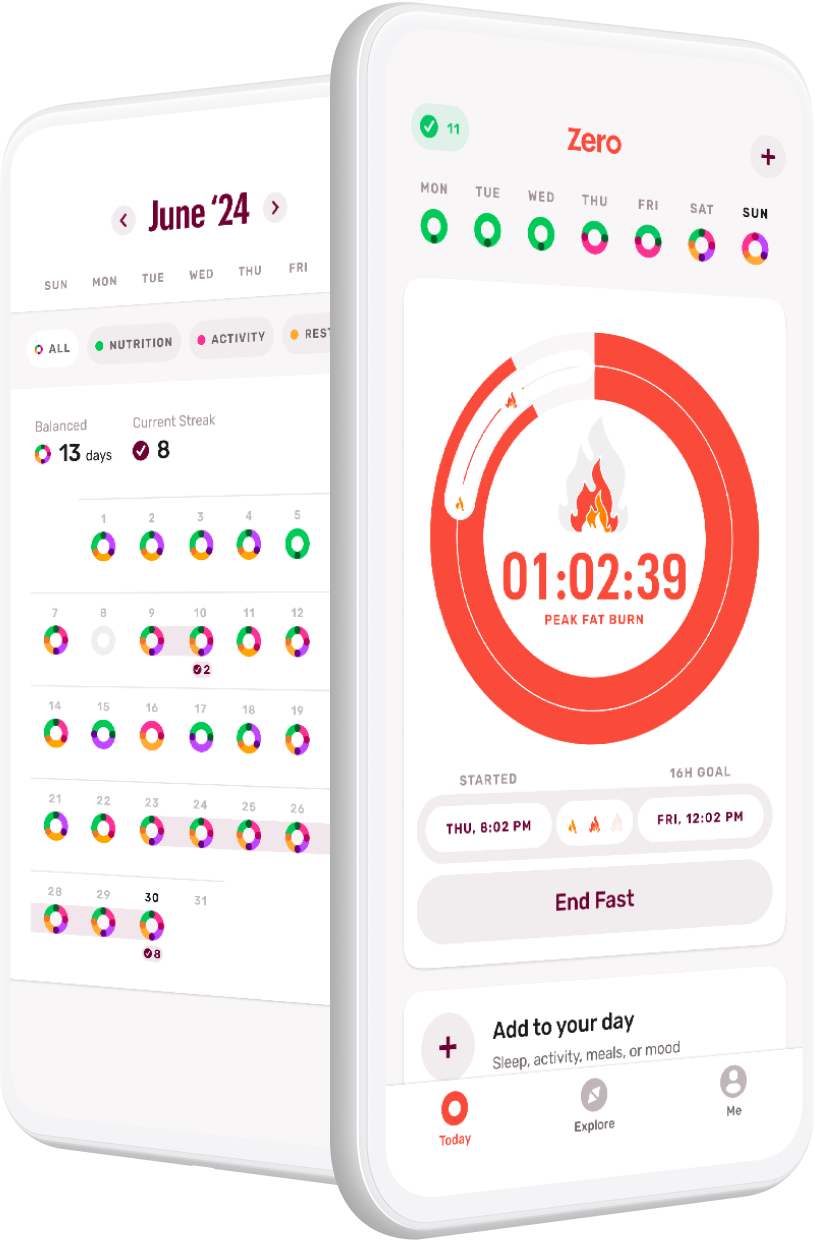
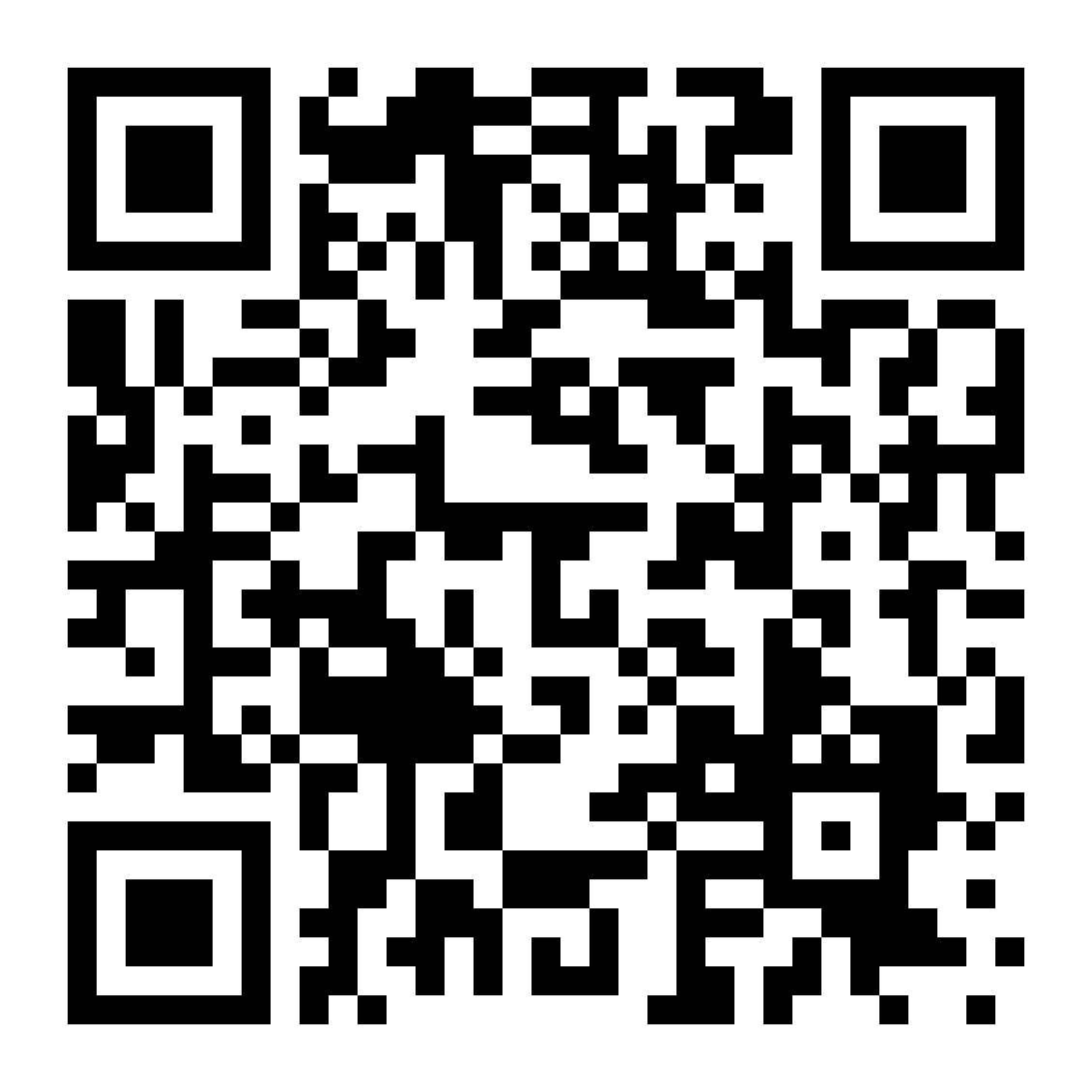
Susanna: thank you for sharing this! Im so happy for you and also grateful for the information.
Was the thyroid problem hypo? Or hyper? I recently asked my doc if my hypothyroidism could be reversed and her answer was no… but I have my doubts ..,
🤓Aunt Judy
Hi Judy!
I had hypothyroidism. I’ve had my hormone levels checked multiple times since fasting, and they have been in the normal range each time. My doctor doesn’t know with 100% certainty if it’s related to the benefits of fasting, but she and I are running with the theory it is! I continue to be monitored and all looks good. My assumption is that with the regulation of my insulin levels, it has in turn helped to also stabilize other hormones in the body.
Hope that helps! Big hugs!